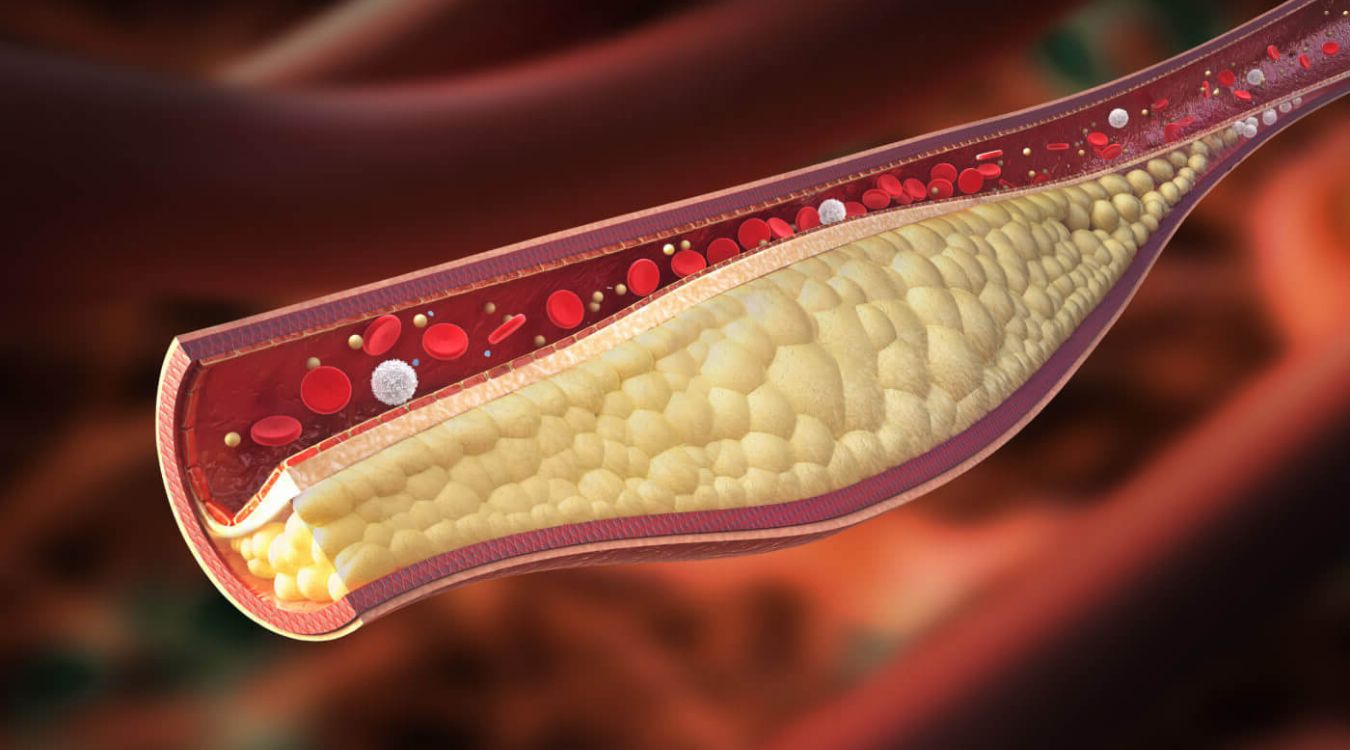
Atheronals are fascinating compounds that have piqued the interest of scientists and health enthusiasts alike. But what exactly are they? Atheronals are cholesterol oxidation products, often linked to the development of atherosclerosis—a condition where arteries become clogged with fatty substances. Understanding these compounds can help us grasp how they impact heart health. In this blog post, we'll dive into 25 intriguing facts about Atheronals, shedding light on their origins, effects, and potential implications for our well-being. Get ready to uncover the mysteries behind these tiny yet significant molecules and learn how they might influence your health.
Key Takeaways:
- Atheronals, oxidized cholesterol derivatives, can lead to heart disease and stroke. Detecting and reducing their levels through diet, exercise, and medication is crucial for preventing related health conditions.
- Ongoing research on atheronals aims to develop new treatments and increase public awareness. Genetic studies and clinical trials offer hope for preventing and treating atheronal-related health issues.
What are Atheronals?
Atheronals are a fascinating topic in the world of biology and medicine. These compounds have been the subject of numerous studies due to their potential impact on health. Let's dive into some intriguing facts about atheronals.
-
Atheronals are oxidized cholesterol derivatives. These compounds form when cholesterol undergoes oxidation, a chemical reaction involving the loss of electrons.
-
They are linked to atherosclerosis. Atheronals contribute to the development of atherosclerosis, a condition where arteries become clogged with fatty substances.
-
Atheronals can be found in the bloodstream. These compounds circulate in the blood and can be detected through specific medical tests.
-
They are produced in the body. Atheronals are naturally formed within the body as a result of metabolic processes.
-
Diet can influence atheronal levels. Consuming foods high in cholesterol and saturated fats can increase the production of atheronals.
Health Implications of Atheronals
Understanding the health implications of atheronals is crucial. These compounds have been linked to various health conditions, making them a significant area of study.
-
Atheronals contribute to plaque formation. These compounds can lead to the buildup of plaques in arteries, restricting blood flow.
-
They are associated with heart disease. High levels of atheronals have been linked to an increased risk of heart disease.
-
Atheronals can cause inflammation. These compounds can trigger inflammatory responses in the body, contributing to various health issues.
-
They may affect blood pressure. Atheronals can influence blood pressure levels, potentially leading to hypertension.
-
Atheronals are linked to stroke risk. Elevated levels of these compounds can increase the likelihood of experiencing a stroke.
Detection and Measurement of Atheronals
Detecting and measuring atheronals is essential for understanding their impact on health. Various methods have been developed to identify and quantify these compounds.
-
Blood tests can detect atheronals. Specific blood tests are available to measure the levels of atheronals in the bloodstream.
-
Advanced imaging techniques are used. Techniques like MRI and CT scans can help visualize the presence of atheronals in arteries.
-
Biochemical assays are employed. These assays can accurately measure the concentration of atheronals in biological samples.
-
Research is ongoing. Scientists continue to develop new methods for detecting and measuring atheronals more effectively.
-
Early detection is key. Identifying high levels of atheronals early can help prevent the progression of related health conditions.
Reducing Atheronal Levels
Reducing atheronal levels can have significant health benefits. Various strategies can help lower these compounds in the body.
-
Dietary changes can help. Eating a diet low in cholesterol and saturated fats can reduce atheronal production.
-
Exercise is beneficial. Regular physical activity can help lower atheronal levels and improve overall cardiovascular health.
-
Medications are available. Certain medications can help reduce the production of atheronals in the body.
-
Antioxidants play a role. Consuming foods rich in antioxidants can help neutralize the oxidation process that leads to atheronal formation.
-
Lifestyle changes are effective. Adopting a healthy lifestyle, including quitting smoking and reducing alcohol intake, can lower atheronal levels.
Research and Future Directions
Research on atheronals is ongoing, with scientists exploring new ways to understand and mitigate their impact on health.
-
New therapies are being developed. Researchers are working on developing new treatments to reduce atheronal levels and their associated risks.
-
Genetic studies are underway. Scientists are investigating the genetic factors that influence atheronal production and metabolism.
-
Clinical trials are in progress. Various clinical trials are being conducted to test the effectiveness of new interventions targeting atheronals.
-
Public awareness is increasing. Efforts are being made to educate the public about the risks associated with high atheronal levels.
-
Future research holds promise. Continued research on atheronals may lead to new breakthroughs in preventing and treating related health conditions.
Final Thoughts on Atheronals
Atheronals, those fascinating compounds found in oxidized cholesterol, continue to intrigue scientists and health enthusiasts alike. Their potential impact on cardiovascular health and disease prevention is a hot topic. While research is ongoing, understanding these compounds better could lead to breakthroughs in how we approach heart health.
Remember, maintaining a balanced diet, regular exercise, and routine check-ups are key to a healthy heart. Staying informed about developments in health science, like the role of atheronals, empowers you to make better choices for your well-being.
Keep an eye on emerging studies and consult healthcare professionals for personalized advice. Knowledge is power, and staying curious about topics like atheronals can only benefit your health journey. Stay proactive, stay healthy, and keep learning!
Frequently Asked Questions
Was this page helpful?
Our commitment to delivering trustworthy and engaging content is at the heart of what we do. Each fact on our site is contributed by real users like you, bringing a wealth of diverse insights and information. To ensure the highest standards of accuracy and reliability, our dedicated editors meticulously review each submission. This process guarantees that the facts we share are not only fascinating but also credible. Trust in our commitment to quality and authenticity as you explore and learn with us.
